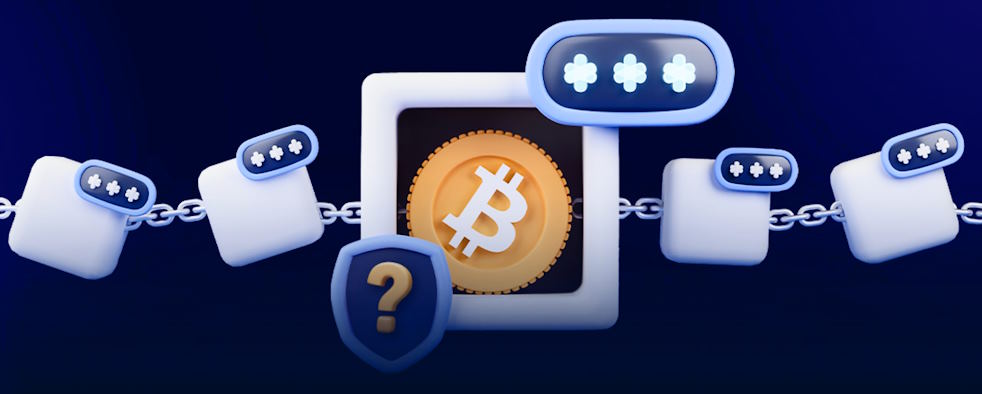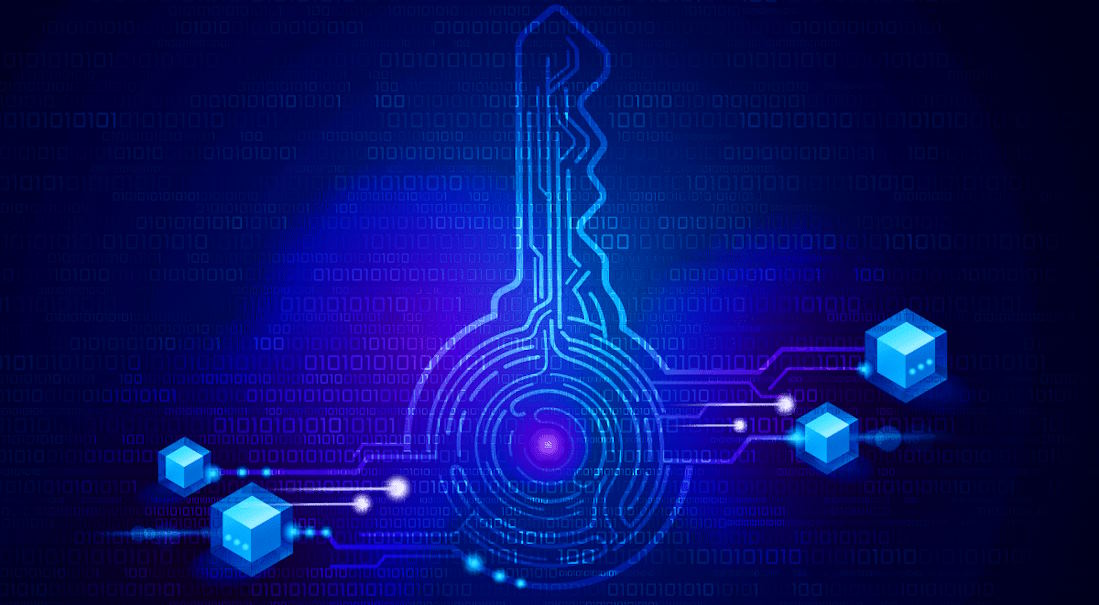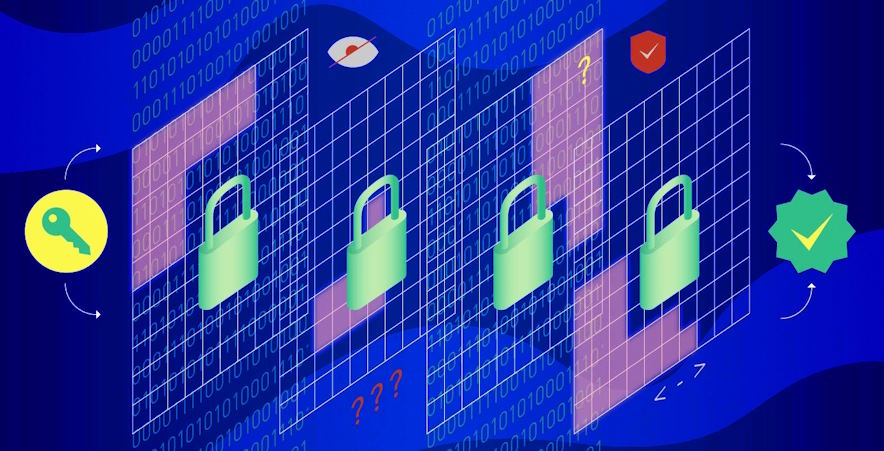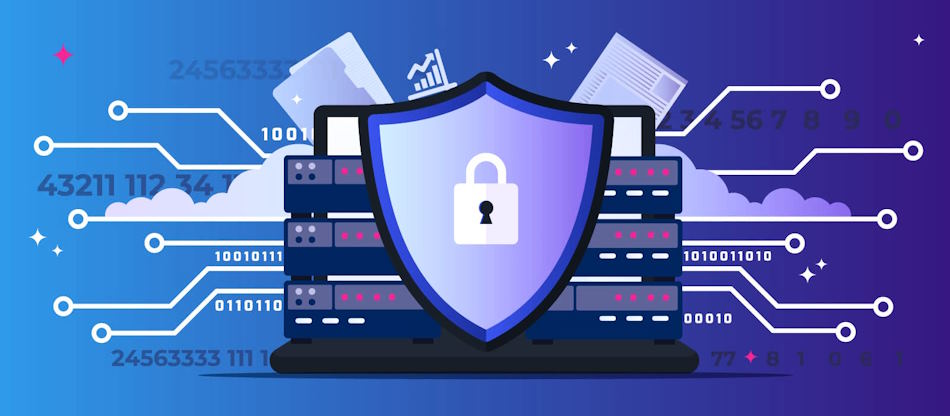Blockchain technology has revolutionized industries by offering a decentralized and tamper-resistant framework for secure transactions. However, as the adoption of blockchain networks continues to expand, concerns over the privacy and anonymity of transactions have come to the forefront. The transparent nature of most blockchain platforms, while advantageous for accountability, raises significant challenges in safeguarding sensitive transaction details. Enter zero-knowledge proofs (ZKPs), a cryptographic breakthrough that holds the potential to enhance privacy in blockchain transactions without compromising the integrity that underpins these systems. In this article, we delve into the world of ZKPs and explore how they offer an ingenious solution to the ongoing privacy debate within blockchain technology.
Zero-Knowledge Proofs in Blockchain: Use Cases
Confidential Transactions: Hiding Transaction Amounts in Zcash
Confidential transactions have emerged as a beacon of privacy in the blockchain realm, exemplified by the cryptocurrency Zcash. Zcash employs zero-knowledge proofs to conceal transaction amounts while still ensuring their validity. By utilizing a cryptographic method called zk-SNARKs, Zcash enables transactors to shield the value of their transactions from prying eyes. This use case not only safeguards financial privacy but also paves the way for broader adoption of cryptocurrencies in everyday transactions.

Private Identity Authentication: Securely Proving Ownership of Attributes
Imagine a world where proving your identity doesn’t require revealing sensitive personal details. Zero-knowledge proofs offer precisely that possibility. With this technology, individuals can cryptographically prove attributes like age or citizenship without exposing the actual data itself. This innovation holds tremendous potential for industries like finance, where customer due diligence can be performed without compromising sensitive information.
Supply Chain and IoT Applications: Verifying Data Without Disclosing Specifics
In complex supply chains and the Internet of Things (IoT), data verification is critical, but sharing every detail isn’t feasible. Zero-knowledge proofs enable participants to prove the authenticity of data points without revealing the actual data itself. This finds applications in ensuring the legitimacy of products, verifying the origin of goods, and enhancing the integrity of IoT-generated data.
Implementing Zero-Knowledge Proofs: Challenges and Considerations
Computational Intensity and Performance Concerns
While zero-knowledge proofs offer enhanced privacy, their implementation introduces computational challenges. Generating and verifying proofs can be resource-intensive, potentially slowing down transaction processing. Striking a balance between robust privacy and efficient performance remains a crucial consideration in integrating zero-knowledge proofs into blockchain systems.

Trusted Setup Ceremonies and Potential Risks
Zero-knowledge proofs often rely on initial “trusted setup” ceremonies to establish cryptographic parameters. These ceremonies, while essential, raise concerns about centralization and potential vulnerabilities. If not executed rigorously, malicious actors could compromise the system’s security. Ensuring transparency, decentralization, and rigorous auditing in these ceremonies is vital to mitigate such risks.
Scalability Implications of ZKPs in Blockchain Networks
Scalability is a perpetual concern in blockchain ecosystems. Zero-knowledge proofs can exacerbate this challenge due to their computational demands. As blockchain networks grow, accommodating increased usage while maintaining low latency becomes complex. Innovations like succinct proofs and improved algorithms are crucial to address scalability concerns without sacrificing privacy.
Interoperability and Standardization Challenges
Different blockchains and zero-knowledge proof systems may employ varying protocols and cryptographic methods. Achieving seamless interoperability among these diverse systems is a considerable challenge. Standardization efforts must address compatibility issues to enable smooth communication and data transfer while upholding privacy guarantees.





